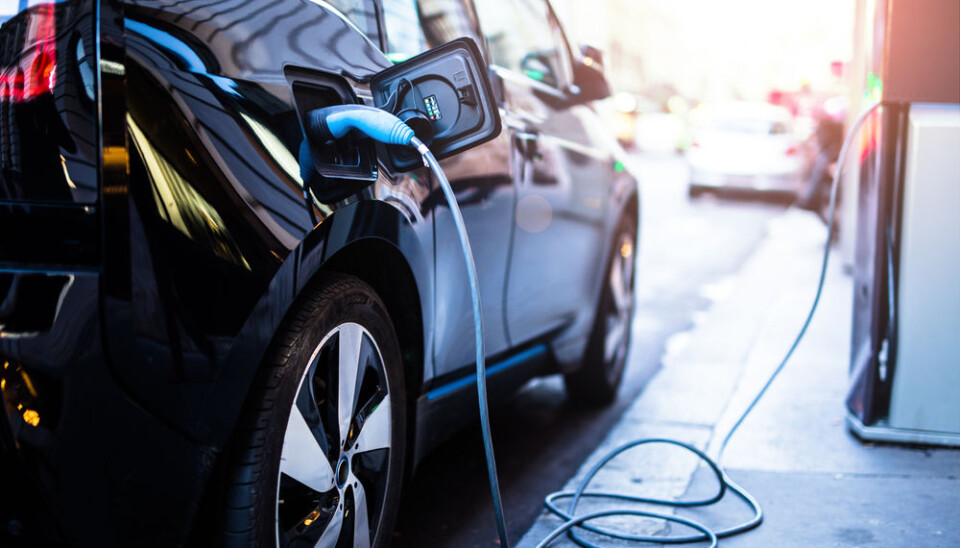
Just how good are electric cars?
Norway seems pretty happy with them so far. New report documents Norway's experience with adopting electric and hybrid cars throughout the country.
Norway has one of the most aggressive electric car policies on the planet.
People who buy electric cars pay no import taxes, tolls, parking or ferry costs, and are exempt from a 25 per cent sales tax at purchase. As a result, electric car sales are booming.
Given the growth in electric car sales, the Norwegian Institute of Transport Economics (TØI) asked 14 rural municipalities about the benefits and roadblocks to adopting electric cars.
The report also describes the experiences of municipalities that took the leap.

Read More: Is e-cycling good exercise?
Declining greenhouse gas emissions a plus
Ringebu municipality is a relatively rural community in Gudbrandsdalen, Norway. It is one of the towns that decided to invest in electric cars.
People who work in the community’s home care services can have a tough drive to reach their patients. Sometimes caregivers have to drive on narrow, steep roads to mountain farms that can be at 1,000 metres or more in altitude.
Per H. Lervåg, who is the town’s chief municipal officer, says that the municipality was offered a favourable lease agreement last autumn that proved very tempting. As a result, all of the town’s home care services, health services, and child welfare services, have been shifted to electric or hybrid cars, for a total of 13 vehicles.
The municipality also received grants from the Norwegian Environment Agency to help with the installation of 16 semi-rapid charging stations for municipal vehicles.
So far, Lervåg has not received any complaints about the new cars.
"Everything seems to work properly," he says.
The municipality has undertaken greenhouse gas emissions accounting over the last two years and is excited about the results from 2018, which are not yet ready.
"We expect a clear decline in the municipality's climate emissions," says Lervåg.
Read More: How much more environmentally friendly is it to eat insects?
Cold, big distances, rough terrain
When it comes to electric car use, municipalities in Hedmark and Oppland counties are quite interesting for researchers to study. Both counties contain scattered communities and densely populated municipalities. Distances between different settlements can be quite great, and the terrain can be rugged. Winter temperatures in these inland municipalities can also be very low, which can cut down on an electric car's range quite a bit.
Researchers interviewed 25 people who were purchasers, users, or both, for the TØI report. The researchers also looked at municipal documents, such municipal climate plans.
All but two of the municipalities had acquired or were in the process of acquiring electric cars. Most municipalities had one charging station per electric car and charged the electric cars at night.
Read More: Power to the people - How to make the low-carbon energy transition work
Political signals are important
The researchers found that the main driver behind the municipalities’ decision to acquire electric cars was the political signal it sent.
Several municipalities had electric vehicles as a separate, specific point in their climate plans and underlying agencies were thus required to use the cars. The approach had been approved by the municipal councils.
In many municipalities, employees described themselves as "green" and were keen to do their part to protect the environment.
Another motivation was that electric cars pay off economically.
Read More: Researchers turned this garage into an attractive, energy-efficient house
All-wheel drive and a trailer hitch
One of the biggest roadblocks for municipalities that might want to acquire electric cars was the need for a four-wheel drive vehicle and a trailer hitch. There are currently no electric cars in Norway with four-wheel drive that sell for a “normal” price.
Several municipalities were also concerned that electric cars might not have enough range, but the researchers found that this was not a problem in practice.
Most municipalities generally had positive experiences with their electric cars. Users said the cars were comfortable, economical to operate and easy to drive.
----------------






























